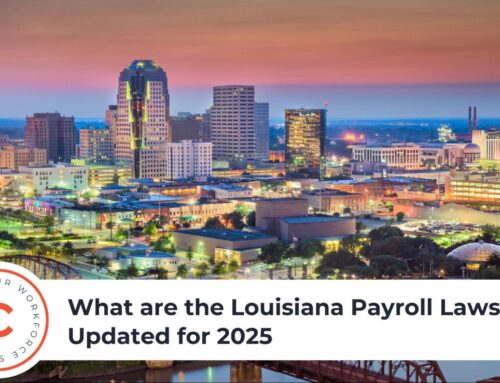Answer:
Under the Americans with Disabilities Act (ADA) employees with depression, anxiety, and other forms of mental illnesses can be considered as disabled. As stated by the US Department of Justice a disabled individual is someone who:
- Has a physical or mental impairment that substantially limits one or more major life activities;
- Has a history or record of such an impairment; or
- Is perceived by others as having such an impairment.
Now, this doesn’t mean that you’re forced to always hire or accommodate employees with disabilities. If an applicant is unqualified for the job he/she cannot claim discrimination under ADA rules. Here are some facts that you can use to help you navigate ADA:
- The employer is always free to hire the applicant of it’s choosing as long as the decision is not based on disability.
- Reasonable accommodation is not intended to give disabled employees superior treatments to those without disabilities.
- According to the Job Accommodation Network (JAN), a service from the U.S. Department of Labor’s Office of Disability Employment Policy, 58% of accommodations cost absolutely nothing to make, while the rest typically cost only $500.
- Businesses with less than 15 employees are not covered by the employment provision of ADA. This means that an employer does not have to provide reasonable accommodation that might cause “undue hardship”. Undue hardship being a significant difficulty or expense when compared to a company’s size or financial resources.
- Employers can fire disabled employees under 3 conditions:
- Termination is unrelated to employees disability
- The employee does not meet the legitimate requirements to perform the job with or without reasonable accommodation
- The employee’s disability causes a direct threat to the health or safety of the workplace. An exception to this would be employers terminating HIV positive employees due to threat to safety.





